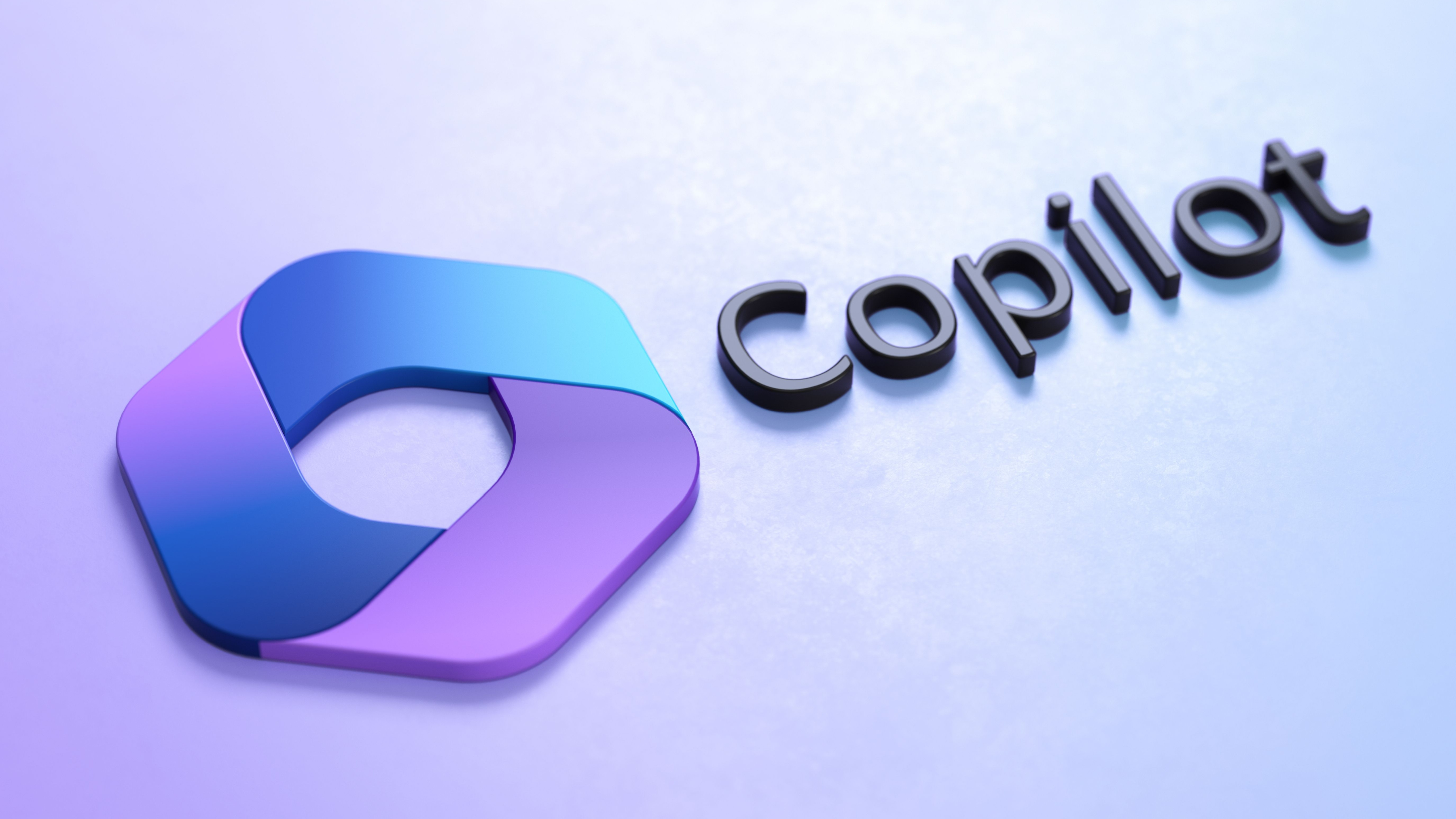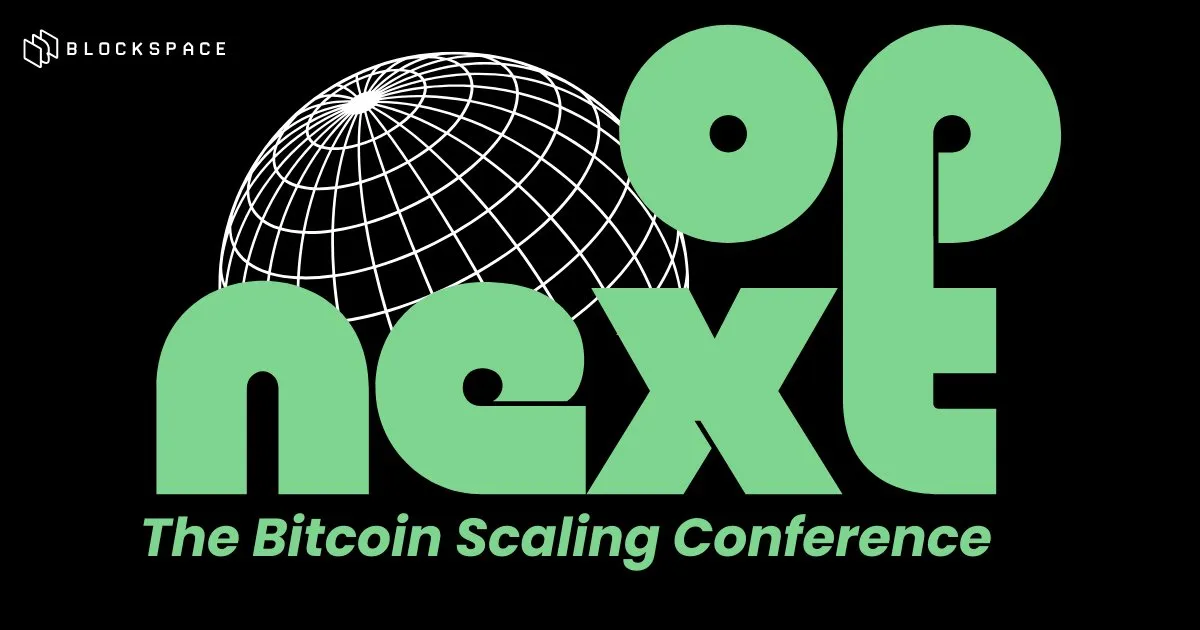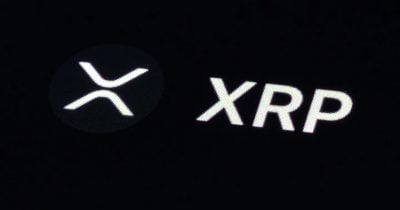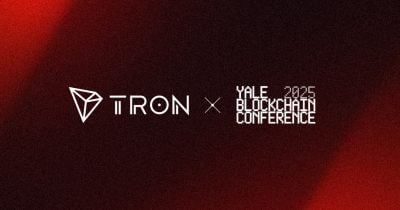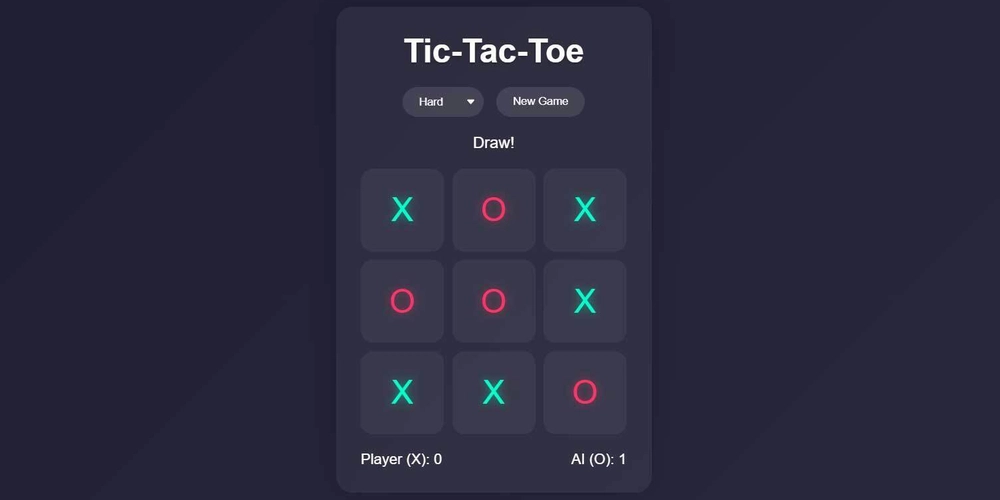Cloudflare Supports Remote Hosting for Anthropic's MCP Servers
Originally published at ssojet Cloudflare has introduced the capability to build and deploy remote Model Context Protocol (MCP) servers on its platform. This expansion allows developers to utilize the protocol, designed for standardized interaction between AI applications and external services, without requiring local installations. Remote MCP servers can now leverage Cloudflare's global network, enhancing accessibility for web-based and mobile applications integrating AI agents with external resources. In a tweet, AI Technologist Pradeep Menon stated, "MCP serves as a universal translator between AI models and external applications, including databases, messaging apps, cloud services, and development tools." Key features include: Simplified Deployment: Cloudflare simplifies the complexities of building and deploying remote MCP servers. Enhanced Accessibility: Remote servers hosted on Cloudflare are internet-accessible, broadening the user base for MCP-enabled applications. OAuth Integration: Built-in OAuth support through Cloudflare allows secure authorization and access control for remote MCP interactions. Expanded Use Cases: Remote MCP enables AI agents to seamlessly interact with various online services and tools, fostering innovative AI workflows. Victoria Slocome noted in a tweet, "MCP creates a simpler, more reliable way to give AI systems access to exactly the data they need through a single protocol." Cloudflare's tools like workers-oauth-provider for OAuth integration and McpAgent for managing remote transport signal a move towards enabling developers to create powerful AI applications that interact with the broader digital landscape. Image courtesy of Cloudflare blog post Aparna Sinha, senior vice president at Capital One, emphasized in a tweet, "This MCP server hosting offering is more than a remote MCP server host. Delivered securely, it could be quite useful for enterprises building internal agentic applications." Developers can refer to the developer docs for guidance on deploying an example MCP server. Additionally, a GitHub repository is available with sample code for GitHub OAuth. Adoption of the Model Context Protocol (MCP) The Model Context Protocol (MCP) was introduced by Anthropic as "an open standard that enables developers to build secure, two-way connections between their data sources and AI-powered tools." Various companies in the AI infrastructure space are increasingly adopting MCP, recognizing its potential to streamline interactions between AI applications and data sources. For enterprises looking to implement secure Single Sign-On (SSO) and user management, SSOJet offers an API-first platform featuring directory sync, SAML, OIDC, and magic link authentication. This ensures a seamless integration for organizations aiming to enhance their security infrastructure while enabling user access across multiple platforms. Explore how SSOJet's services can help your organization secure user access and management efficiently: SSOJet.
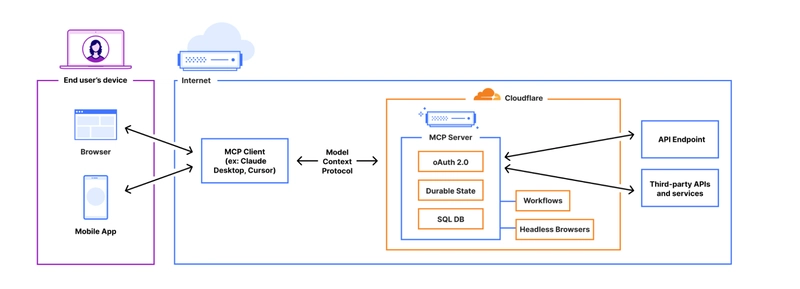
Originally published at ssojet
Cloudflare has introduced the capability to build and deploy remote Model Context Protocol (MCP) servers on its platform. This expansion allows developers to utilize the protocol, designed for standardized interaction between AI applications and external services, without requiring local installations. Remote MCP servers can now leverage Cloudflare's global network, enhancing accessibility for web-based and mobile applications integrating AI agents with external resources.
In a tweet, AI Technologist Pradeep Menon stated, "MCP serves as a universal translator between AI models and external applications, including databases, messaging apps, cloud services, and development tools."
Key features include:
- Simplified Deployment: Cloudflare simplifies the complexities of building and deploying remote MCP servers.
- Enhanced Accessibility: Remote servers hosted on Cloudflare are internet-accessible, broadening the user base for MCP-enabled applications.
- OAuth Integration: Built-in OAuth support through Cloudflare allows secure authorization and access control for remote MCP interactions.
- Expanded Use Cases: Remote MCP enables AI agents to seamlessly interact with various online services and tools, fostering innovative AI workflows.
Victoria Slocome noted in a tweet, "MCP creates a simpler, more reliable way to give AI systems access to exactly the data they need through a single protocol."
Cloudflare's tools like workers-oauth-provider for OAuth integration and McpAgent for managing remote transport signal a move towards enabling developers to create powerful AI applications that interact with the broader digital landscape.

Image courtesy of Cloudflare blog post
Aparna Sinha, senior vice president at Capital One, emphasized in a tweet, "This MCP server hosting offering is more than a remote MCP server host. Delivered securely, it could be quite useful for enterprises building internal agentic applications." Developers can refer to the developer docs for guidance on deploying an example MCP server. Additionally, a GitHub repository is available with sample code for GitHub OAuth.
Adoption of the Model Context Protocol (MCP)
The Model Context Protocol (MCP) was introduced by Anthropic as "an open standard that enables developers to build secure, two-way connections between their data sources and AI-powered tools." Various companies in the AI infrastructure space are increasingly adopting MCP, recognizing its potential to streamline interactions between AI applications and data sources.
For enterprises looking to implement secure Single Sign-On (SSO) and user management, SSOJet offers an API-first platform featuring directory sync, SAML, OIDC, and magic link authentication. This ensures a seamless integration for organizations aiming to enhance their security infrastructure while enabling user access across multiple platforms.
Explore how SSOJet's services can help your organization secure user access and management efficiently: SSOJet.







































































































































































![[The AI Show Episode 143]: ChatGPT Revenue Surge, New AGI Timelines, Amazon’s AI Agent, Claude for Education, Model Context Protocol & LLMs Pass the Turing Test](https://www.marketingaiinstitute.com/hubfs/ep%20143%20cover.png)



















































































































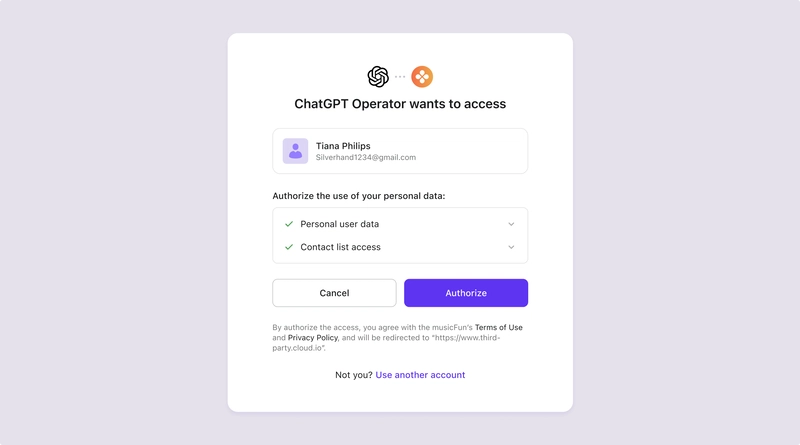
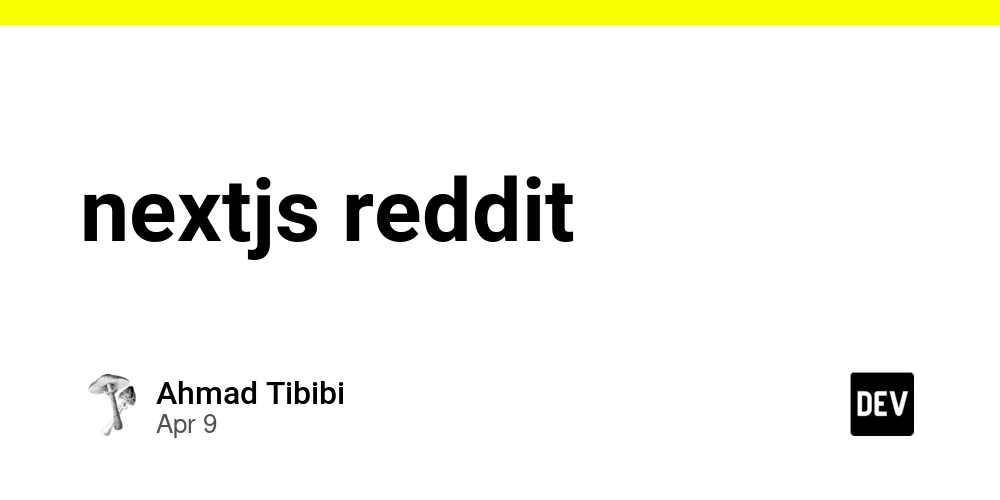
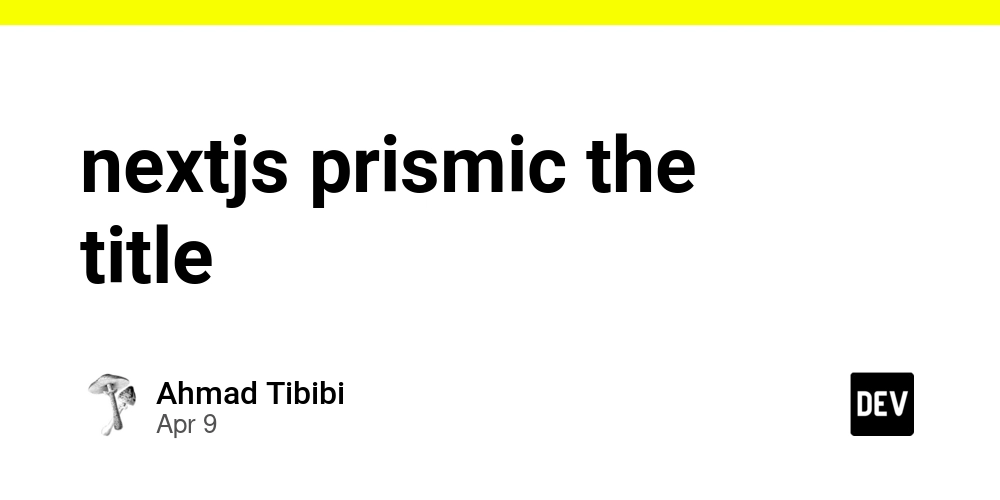
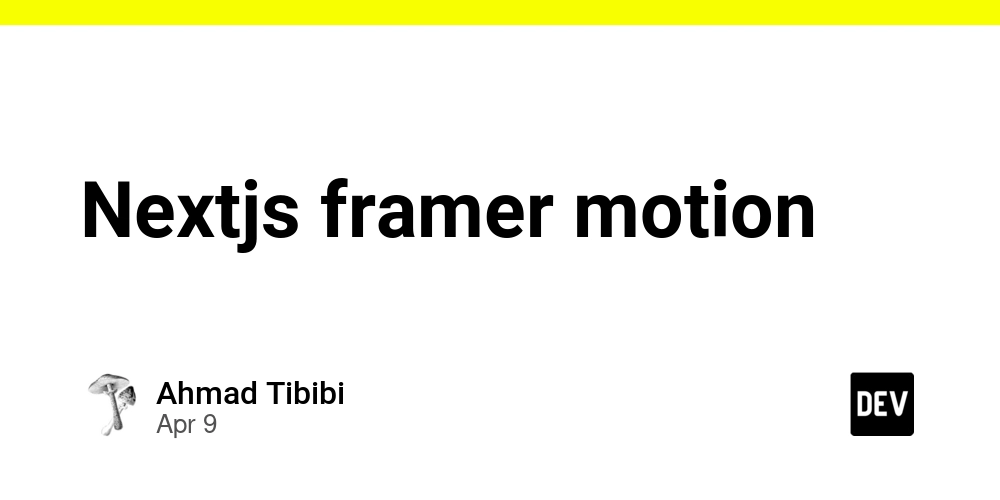











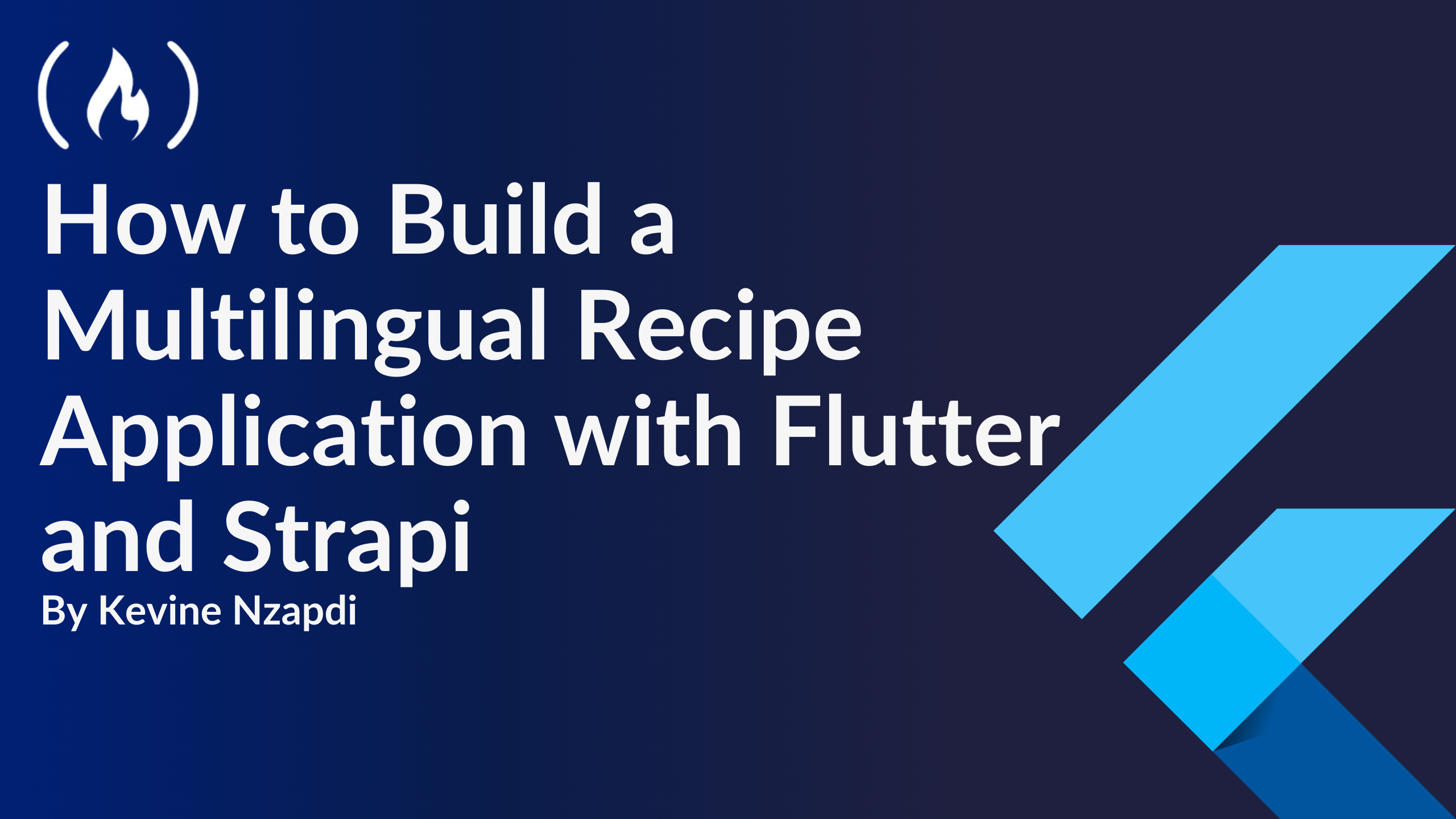


![From drop-out to software architect with Jason Lengstorf [Podcast #167]](https://cdn.hashnode.com/res/hashnode/image/upload/v1743796461357/f3d19cd7-e6f5-4d7c-8bfc-eb974bc8da68.png?#)














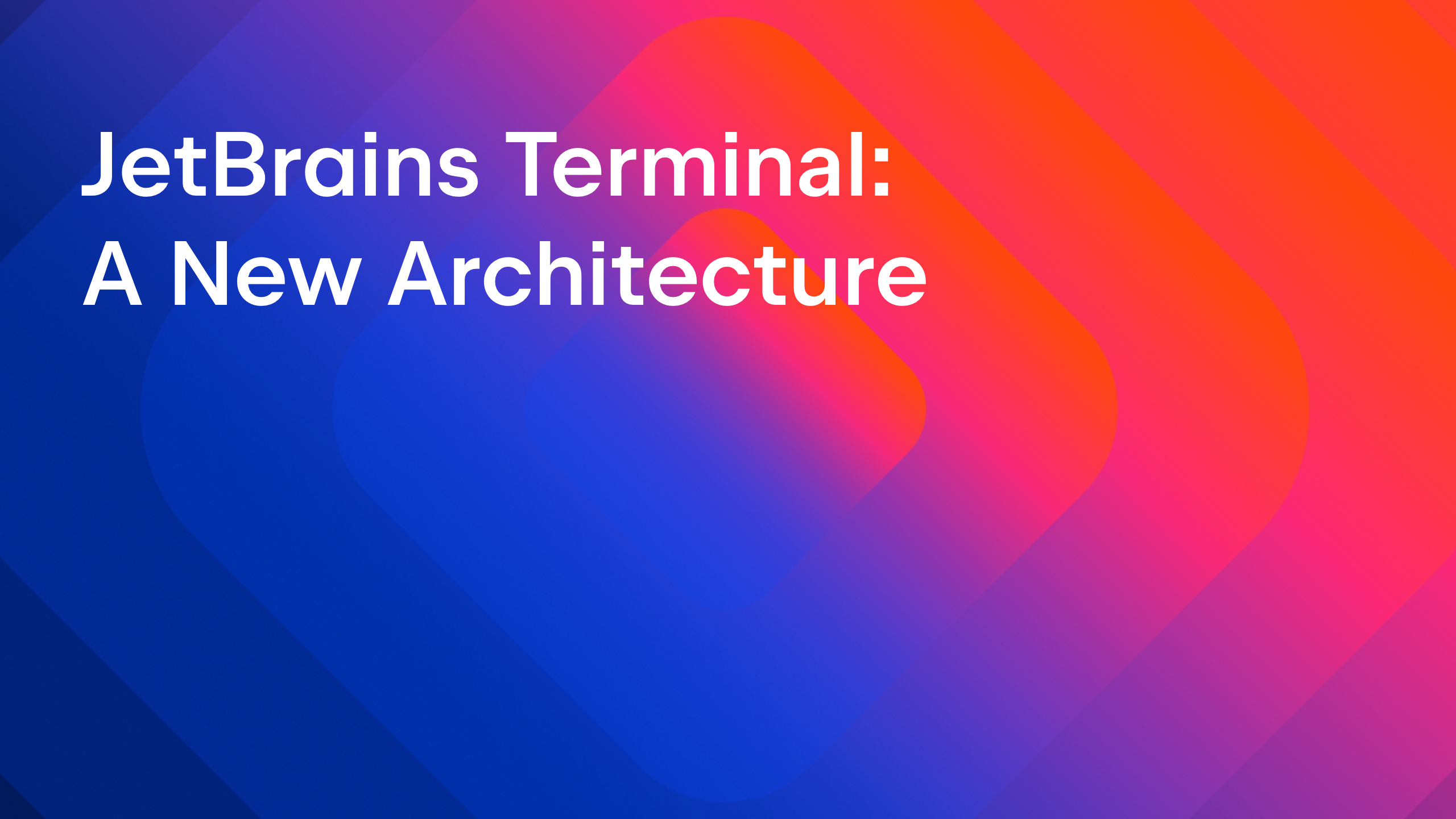


























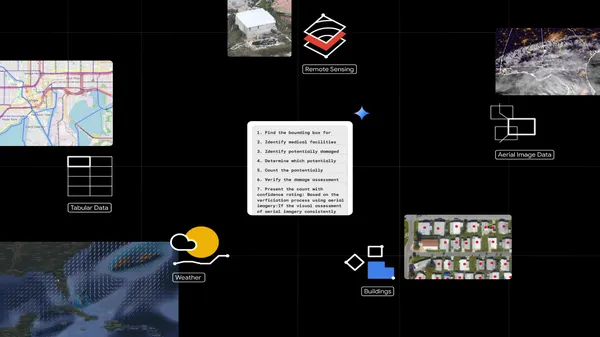
































































.jpg?#)















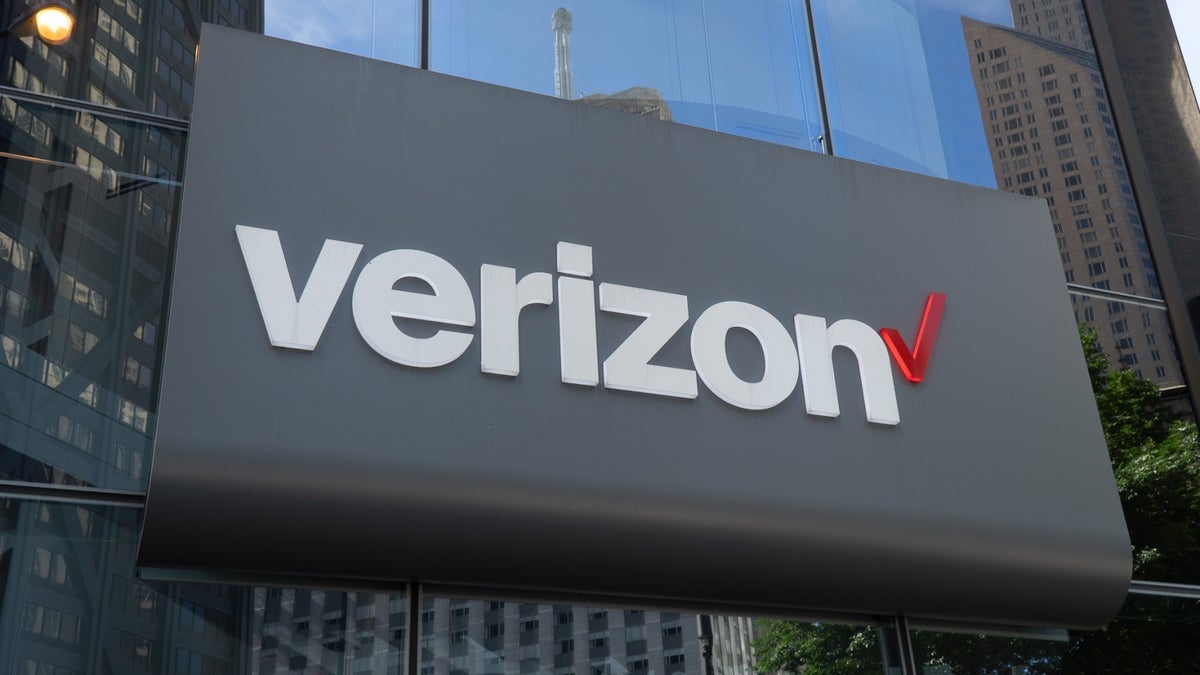













_ArtemisDiana_Alamy.jpg?#)













































































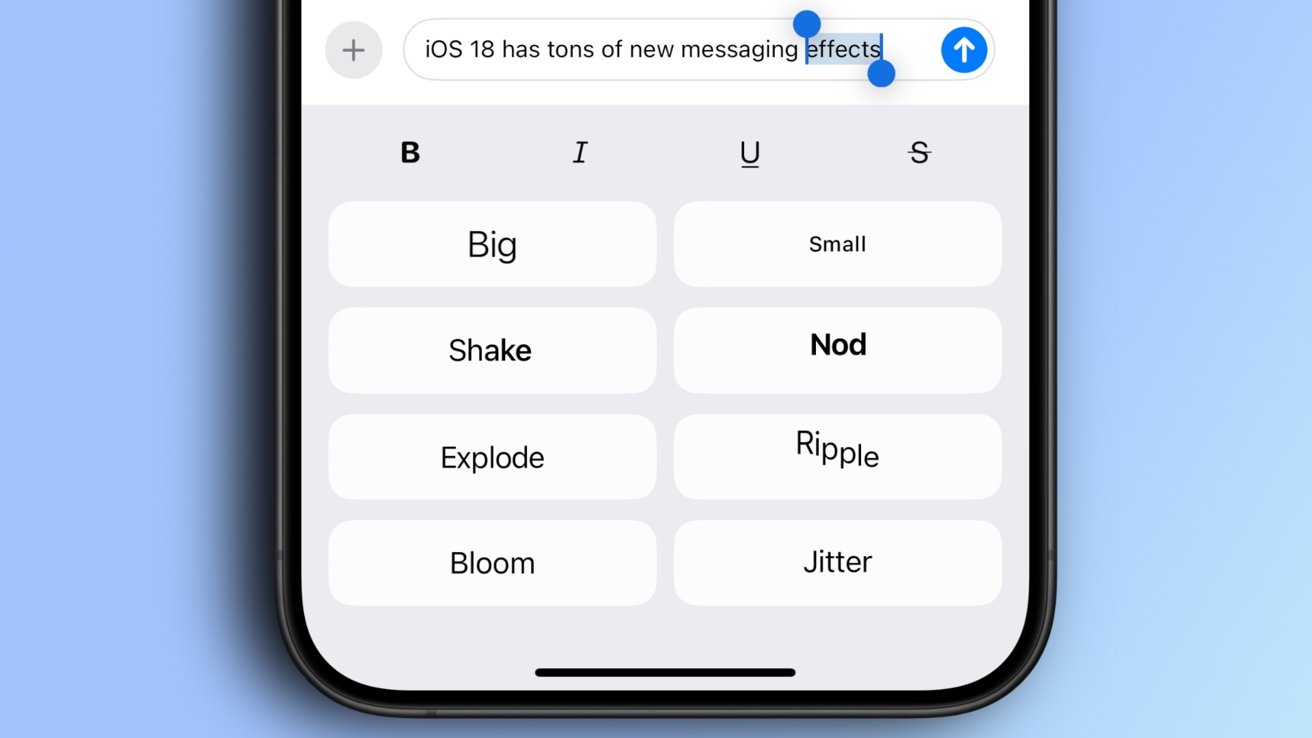
-xl.jpg)













![Yes, the Gemini icon is now bigger and brighter on Android [U]](https://i0.wp.com/9to5google.com/wp-content/uploads/sites/4/2025/02/Gemini-on-Galaxy-S25.jpg?resize=1200%2C628&quality=82&strip=all&ssl=1)









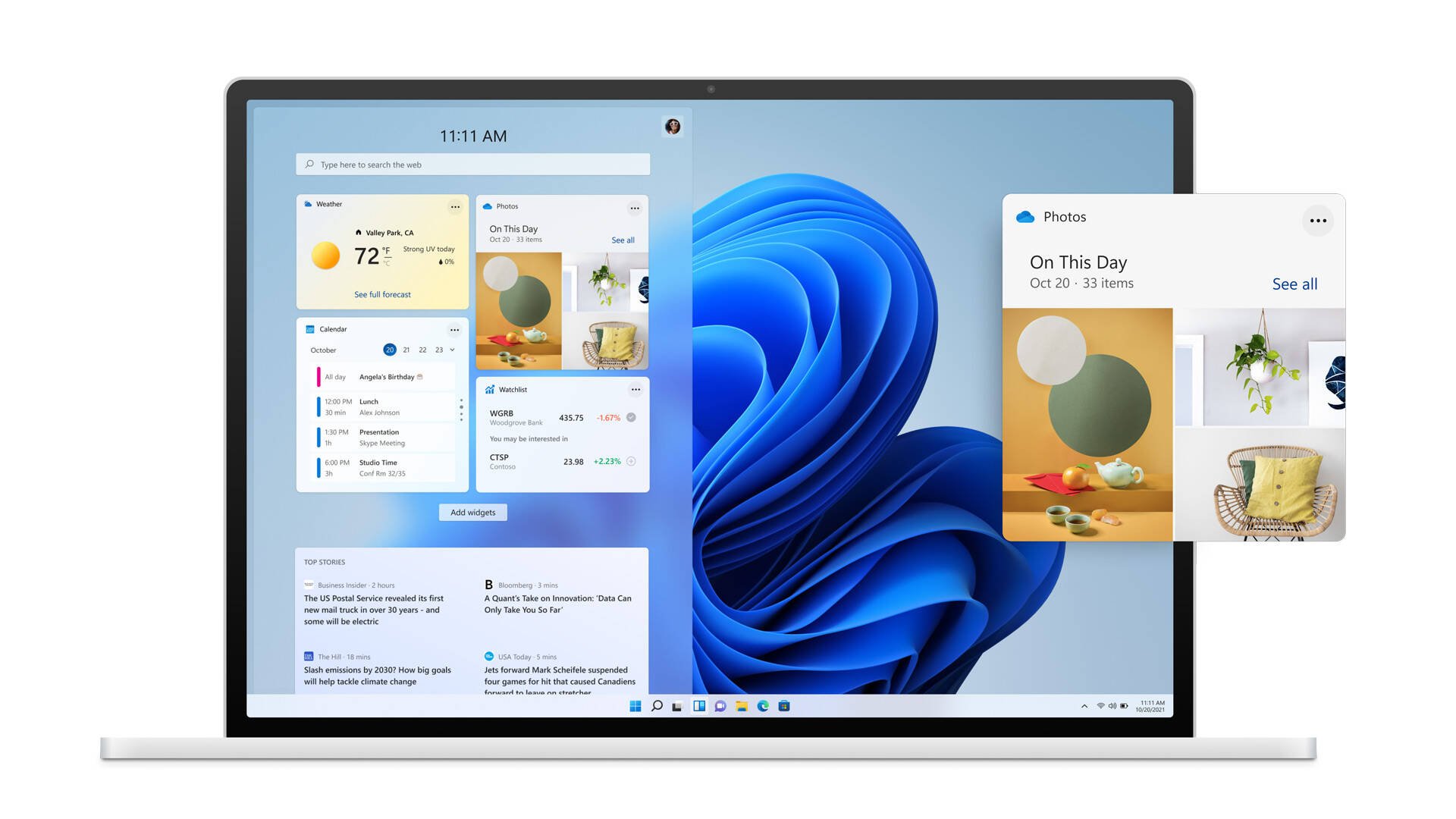


![Apple Rushes Five Planes of iPhones to US Ahead of New Tariffs [Report]](https://www.iclarified.com/images/news/96967/96967/96967-640.jpg)
![Apple Vision Pro 2 Allegedly in Production Ahead of 2025 Launch [Rumor]](https://www.iclarified.com/images/news/96965/96965/96965-640.jpg)




















